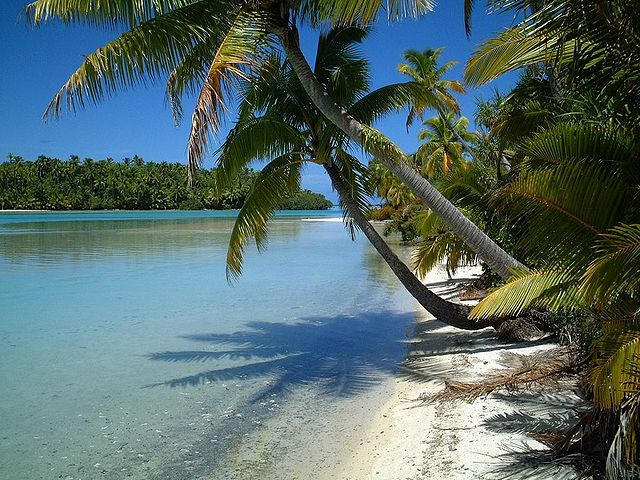The Asian Development Bank (ADB) has announced a $200 million finance package for the support and deployment of renewable energy projects in the 11 smallest island nations of the Pacific.
The Pacific Renewable Energy Investment Facility will steer funds to the Cook Islands, Micronesia, Kiribati, Nauru, Palau, the Republic of Marshall Islands, Samoa, the Solomon Islands, Tonga, Tuvalu and Vanuatu.
Each of these small Pacific states faces its own set of energy generation, climate change and economic problems, and thus the ADB believes that the potential $200 million package is money well spent.
“ADB is rapidly expanding our financing for renewable energy in the Pacific and have a strong portfolio of 13 renewable energy projects in nine of the targeted 11 small Pacific economies over the next three years,” said ADB Pacific Department principal energy specialist Anthony Maxwell.
This is the first such facility devised by the ADB in the Pacific, and will target the transformation of shifting some nations’ energy source from primarily diesel-based systems to renewable sources, such as solar and wind.
On top of the cumulative $200 million the ADB will provide, the bank is also looking to source additional cofinancing partners to help support these initiatives. With investors on board, ADB will be able to free up valuable resources that can more quickly process and approve small-value projects, helping to deliver lower transaction costs, the bank said.
The first three projects will be deployed in the Cook Islands, Tonga and Vanuatu, and will cover solar power, wind, hydro and grid rehabilitation.
Parts of the ADB funding will also be plowed into support regional approaches to energy sector reform, capacity building and private sector development.
A recent report by Frost & Sullivan forecast that the Asia Pacific region will be at the forefront of clean energy expansion this year. Many countries in the region are facing the grave threat of the impact of climate change, which includes rising sea levels and a greater chance of natural disasters hitting. Allied to growing economies and a thirst for more power, renewable energy technologies have a unique opportunity in the region.
This content is protected by copyright and may not be reused. If you want to cooperate with us and would like to reuse some of our content, please contact: editors@pv-magazine.com.



2 comments
By submitting this form you agree to pv magazine using your data for the purposes of publishing your comment.
Your personal data will only be disclosed or otherwise transmitted to third parties for the purposes of spam filtering or if this is necessary for technical maintenance of the website. Any other transfer to third parties will not take place unless this is justified on the basis of applicable data protection regulations or if pv magazine is legally obliged to do so.
You may revoke this consent at any time with effect for the future, in which case your personal data will be deleted immediately. Otherwise, your data will be deleted if pv magazine has processed your request or the purpose of data storage is fulfilled.
Further information on data privacy can be found in our Data Protection Policy.